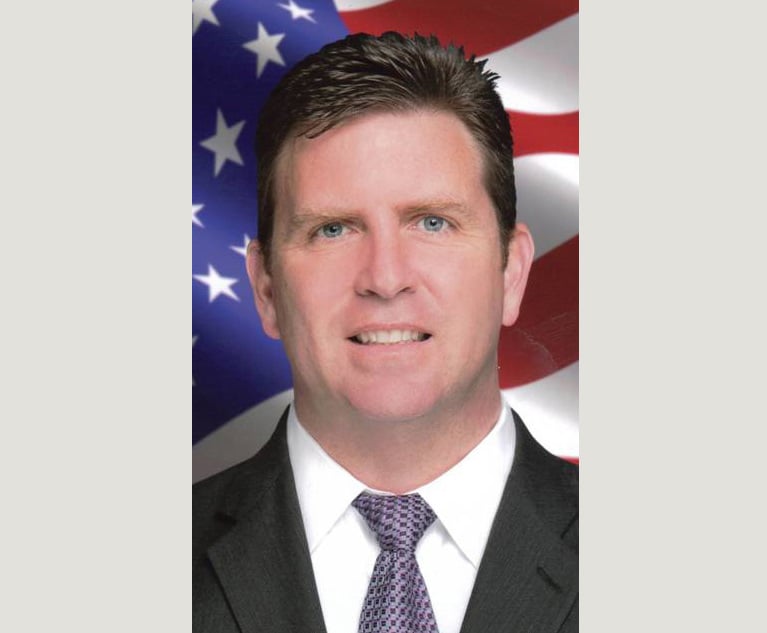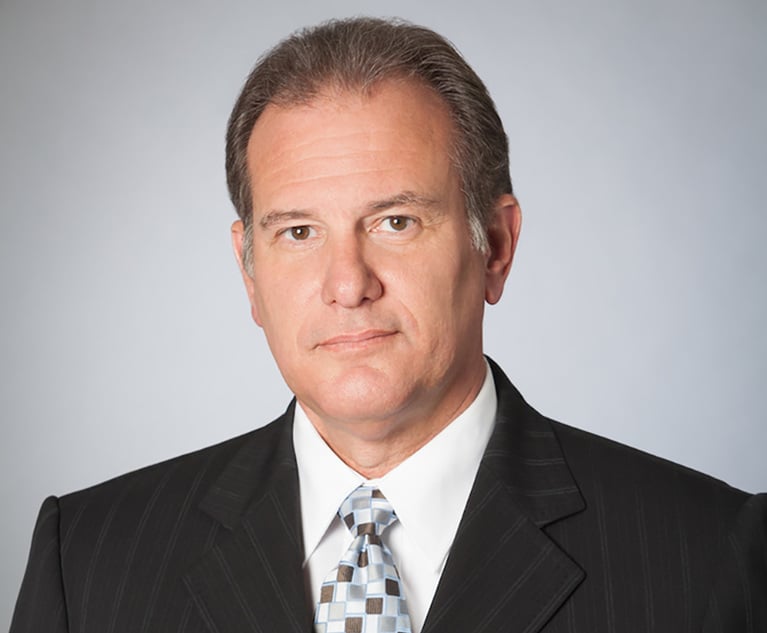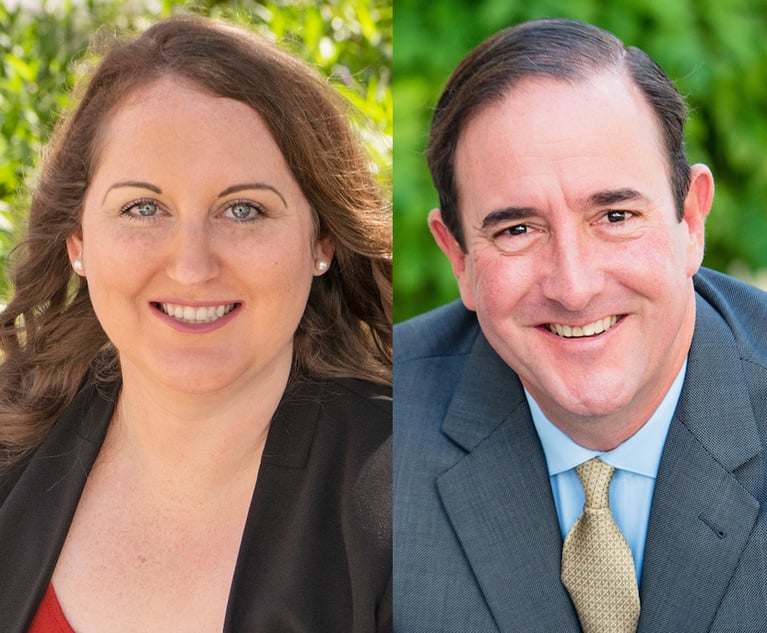Many cases are won or lost on expert opinions. Expert retention is a subtle art, often representing one of the more significant and challenging investments a party makes in a litigation. Volumes have been written on how attorneys should work with experts, how experts should be prepared, and how experts should provide their opinions during a lawsuit. Though the propriety of expert opinions and the methodologies they employ receive most of the attention—ask any lawyer or judge about Daubert or Frye, then brace yourself—what gets less consideration is the issue of when an expert opinion or report can be changed or supplemented. In the previous two years, the Southern District of Florida has addressed this topic in a manner that should serve as a warning to many litigants and their counsel.
Federal Rule of Civil Procedure 26 requires that “[a] party must make [expert witness] disclosures at the times and in the sequence the court orders.” An expert’s report “must contain a complete statement of all opinions the witness will express and the basis and reasons for them,” as well as “the facts or data considered by the witness in forming them.” Rule 26(e) imposes a duty on an expert to supplement her report “in a timely manner if the party learns that in some material respect the disclosure … is incomplete or incorrect, and if the additional or corrective information has not otherwise been made known to the other parties during the discovery process or in writing.” However, the ability to supplement or correct an expert opinion is not without exception, and it does not allow parties to be reactive in litigation or skirt court-ordered deadlines.


 Francesca Russo, left, and Robert Jimenez, right, of Espinosa Martinez, in Miami.
Francesca Russo, left, and Robert Jimenez, right, of Espinosa Martinez, in Miami.




